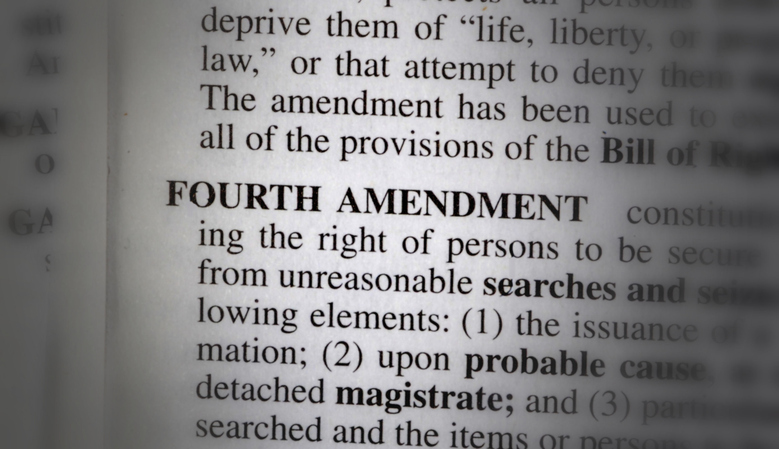
Under the Fourth Amendment to the United States Constitution, “the right of the people to be secure in their persons, houses, papers, and effects, against unreasonable searches and seizures, shall not be violated.” In other words, it is illegal for the police to conduct a search (or seizure) of your person/property without probable cause or a valid judicial warrant.
Over the years, there has been virtually non-stop litigation over exactly what the Fourth Amendment means and what remedies are available. Here, our Minnesota criminal defense lawyers explain what you need to do if you believe that you were subject to an unreasonable search or seizure by federal, state, or local law enforcement officials.
The Problem: Evidence of a Crime May be Obtained in an Illegal Search
Consider the following scenario: Imagine that an officer from the Minnesota State Patrol enters a home and conducts a search without probable cause or a judicial warrant. In that search, the officer finds illegal drugs. The owner of the home is then arrested on drug possession charges. Their Fourth Amendment rights were violated by the officer. Nonetheless, evidence of a crime was also recovered. Unfortunately, police and prosecutors may still try to rely on that evidence to bring a criminal case.
The Solution: Unlawfully Obtained Evidence Must Be Kept Out of a Court
The exclusionary rule was developed to deal with this type of problem. Simply put, the rule stated that illegally obtained evidence cannot be used in a criminal trial. In practice, the rule is complicated. There are many different factors that must be addressed. At the same time, the basic Fourth Amendment protection is clear. If police gather evidence through an illegal search, they should not be allowed to use that evidence to convict a defendant.
Prosecutors do not tend to exclude evidence on their own. Quite the contrary, they try to bring everything they can find into the court. In building an effective defense, your Minnesota defense lawyer will take action to ensure that unlawfully obtained evidence is kept out of the trial. In most cases, this is done by filing a type of legal document called a ‘Motion to Suppress’. Based on the exclusionary rule, a Motion to Suppress allows a defendant to request that illegally obtained evidence is thrown out of the case. It is imperative that you take strong action to protect yourself against Fourth Amendment violations.
At Kohlmeyer Hagen, Law Office Chtd., our Minnesota defense lawyers are aggressive and trustworthy advocates for clients. If you have any questions about your Fourth Amendment rights, we are here to help. Contact us today for a confidential, no obligation review of your case. From our legal office in Mankato, we serve all of Southern Minnesota, including in Rochester, Eagan, Burnsville, Owatonna, and New Ulm.